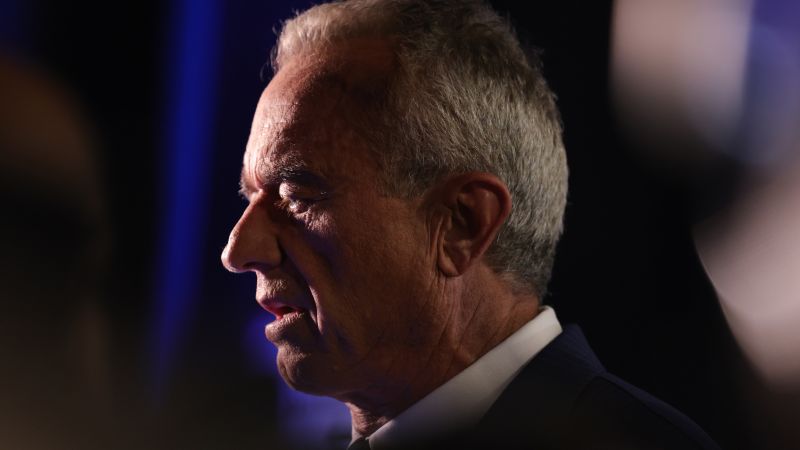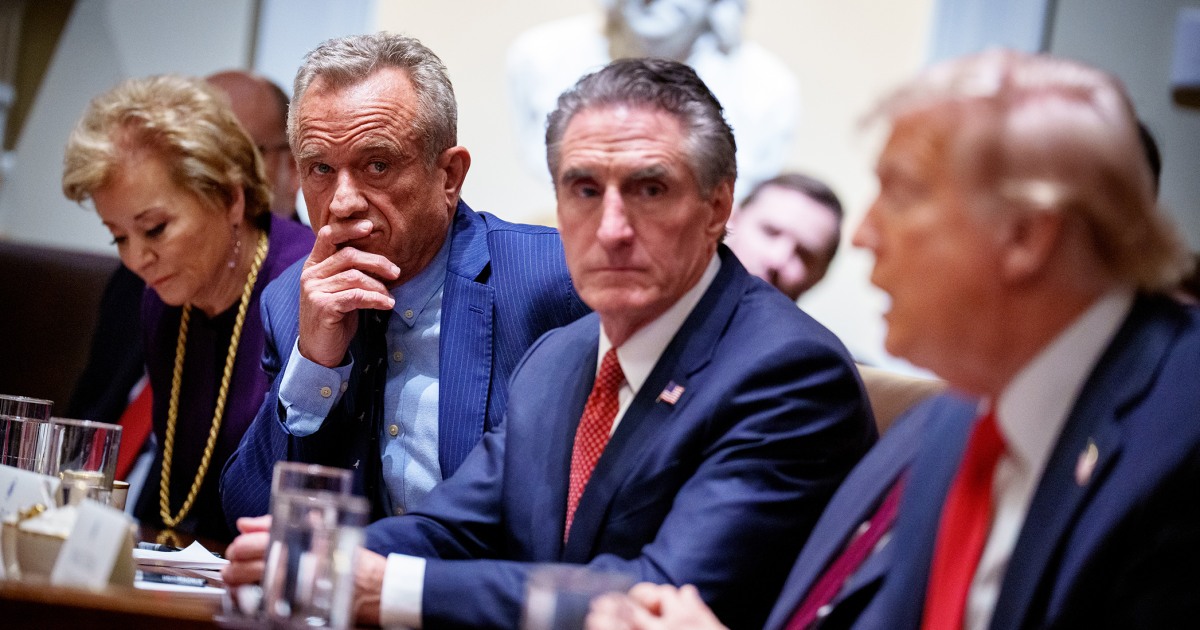RFK Jr. Under Scrutiny Amid Measles Outbreak Claims in Texas
Health Secretary RFK Jr. downplays Texas measles outbreak, raising concerns among experts about public health messaging and vaccination skepticism as cases rise.
Overview
Health and Human Services Secretary Robert F. Kennedy Jr. minimized the seriousness of a measles outbreak in Texas that has infected over 100 people and caused one death, contradicting public health experts who emphasize the unusual nature of this resurgence. Critics argue that Kennedy's historical skepticism towards vaccines contributes to declining vaccination rates, heightening risks for outbreaks. Experts noted that the outbreak could indicate a troubling trend amid decreasing vaccination coverage, with calls for proactive measures to protect public health.
Content generated by AI—learn more or report issue.

Get both sides in 5 minutes with our daily newsletter.
Analysis
- Health and Human Services Secretary Robert F. Kennedy Jr. downplayed the unusual resurgence of measles outbreaks, claiming they occur every year and expressing a nonchalant attitude towards the impact of the disease.
- Experts criticized Kennedy's framing of the outbreak as not being serious, pointing out that the West Texas outbreak has significantly deviated from historical trends, including the first reported measles death since 2015.
- Public health officials are concerned that declining vaccination rates and misinformation are contributing to the severity of the outbreak, emphasizing the need for effective vaccination campaigns.
Articles (5)
Center (3)
FAQ
The measles outbreak in Texas is linked to declining vaccination rates, which heighten the risk of such outbreaks. However, specific current vaccination rates in Texas are not detailed in the provided information.
Kennedy's historical skepticism towards vaccines has contributed to declining vaccination rates by spreading misinformation and encouraging vaccine hesitancy, which can lead to increased risks of outbreaks.
Public health experts are likely recommending proactive measures such as increased awareness campaigns, improved access to vaccines, and enhanced public health messaging to counter misinformation and boost vaccination rates.
History
- This story does not have any previous versions.




